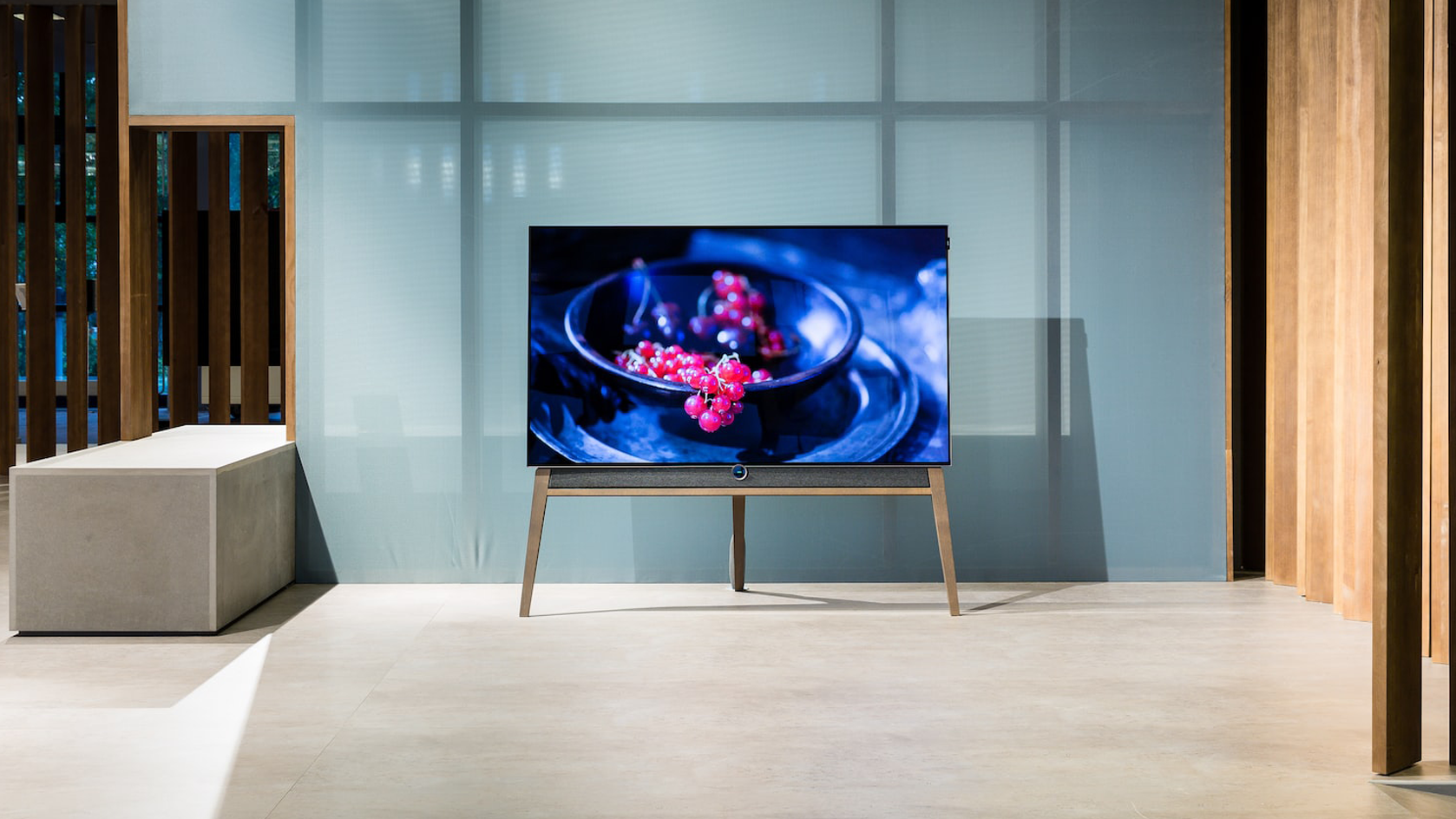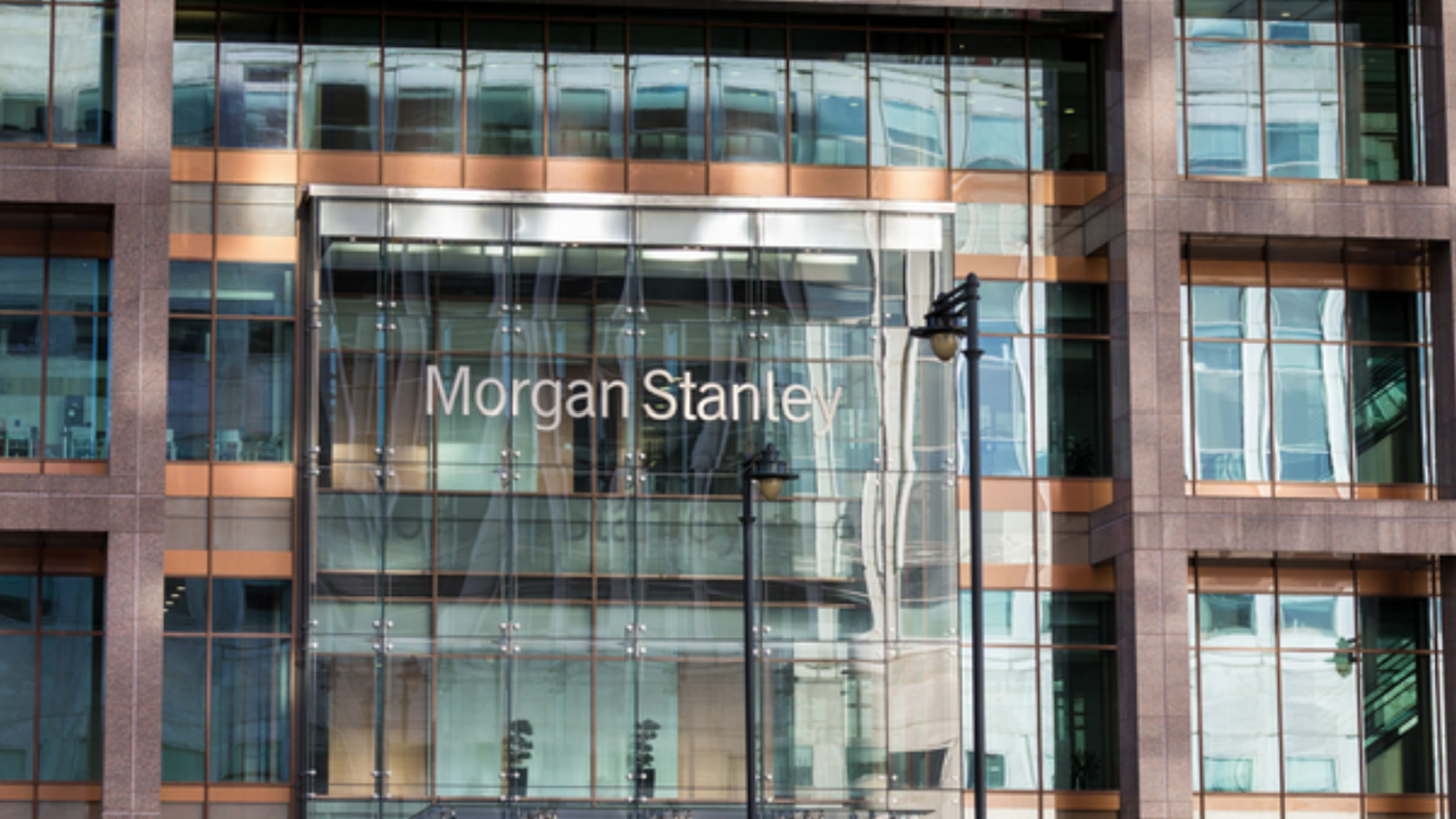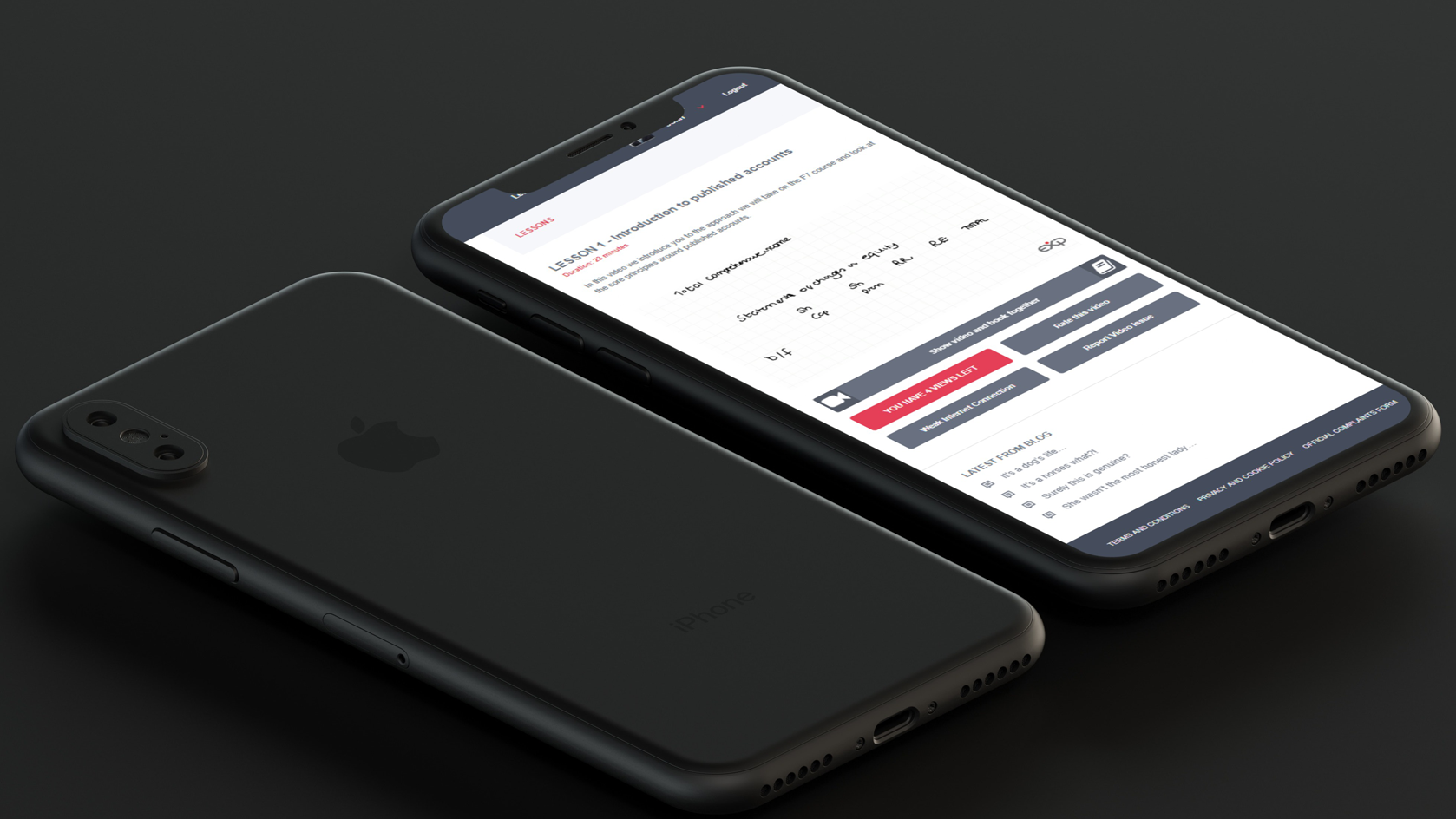That’s one way around it…

Loopholes are a way for companies to legally get around rules or regulations. The recent 8K TVs are some of the very best TVs around with phenomenal resolution. Unfortunately the exceptional performance of these TVs results in a high power usage and the European Union (EU) recently implemented a new regulation that effectively banned 8K TVs in the EU due to their high power consumption levels.
However, Samsung has found a way to get around this ban.
The new EU regulation, called the Energy Efficiency Index (EEI), sets a maximum power consumption level for all TVs at 90W. This is significantly lower than the 190W that new 8K TVs can consume. This left TV manufacturers scrambling to comply with the new regulation, and many have been lobbying the EU to revise the EEI.
However, Samsung has found a workaround for the 8K TV ban. They have decided to ship their 8K TVs with low-powered default settings. According to AV Magazine, the new Samsung 8K TVs will come out of the box with a “brightness-limiting eco mode” as the default brightness setting. This allows the TVs to still meet the EEI limit while maintaining their 8K resolution.
This loophole means that people in the EU can still buy and use 8K TVs from Samsung. The EU regulation requires that TVs be energy efficient “out of the box”, but once users have set them up, they can change to a higher brightness setting and watch to their heart’s content, even though their 8K TV will now consume more power than the 90W limit set by the EEI.
Loopholes are not uncommon in the world of business and regulation. Companies often find ways to get around rules or regulations by using creative interpretations or technicalities. While some may view this as unethical, others argue that it is simply good business practice.
However, it is important to note that not all loopholes are legal or ethical. Some can be harmful or dangerous, and it is important for regulators to close them in order to protect consumers and the public.
In the case of the 8K TV ban, Samsung’s workaround appears to be legal and safe. It will be interesting to see if other manufacturers follow suit or if the EU revises the EEI to close this loophole.
It’s worth noting that loopholes like the one Samsung used to get around the 8K TV ban can often create unintended consequences. For example, if too many consumers choose to turn up the brightness on their Samsung 8K TVs, it could contribute to higher overall power consumption and harm the environment. Additionally, the use of loopholes can erode public trust in regulations and lead to calls for stricter enforcement.
However, it is also true that regulations can sometimes be overly restrictive or outdated, and loopholes can help spur innovation and competition. In some cases, they can even lead to improvements in the regulatory framework itself.
Regardless of one’s stance on the use of loopholes, it is important for companies to operate within the bounds of the law and for regulators to continually evaluate and update regulations to ensure they are effective and equitable. As technology continues to evolve at a rapid pace, it is likely that we will see more loopholes emerge, and it will be up to lawmakers and regulators to navigate this changing landscape.










